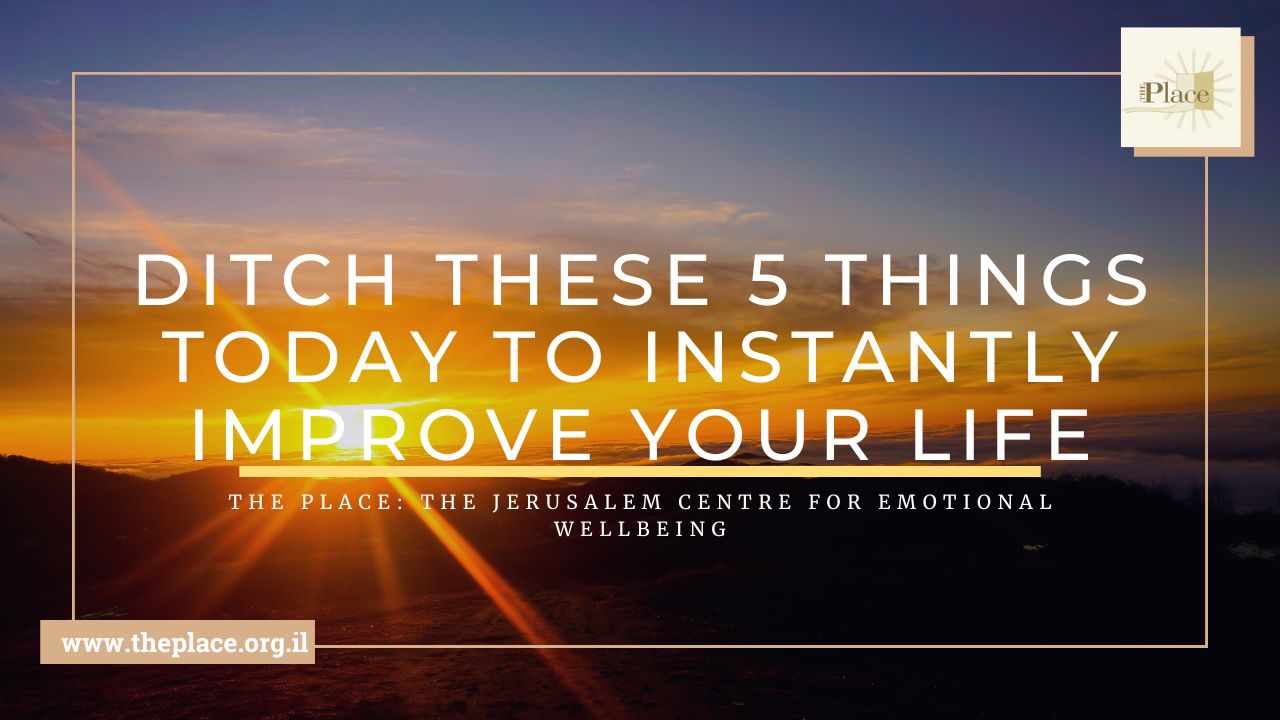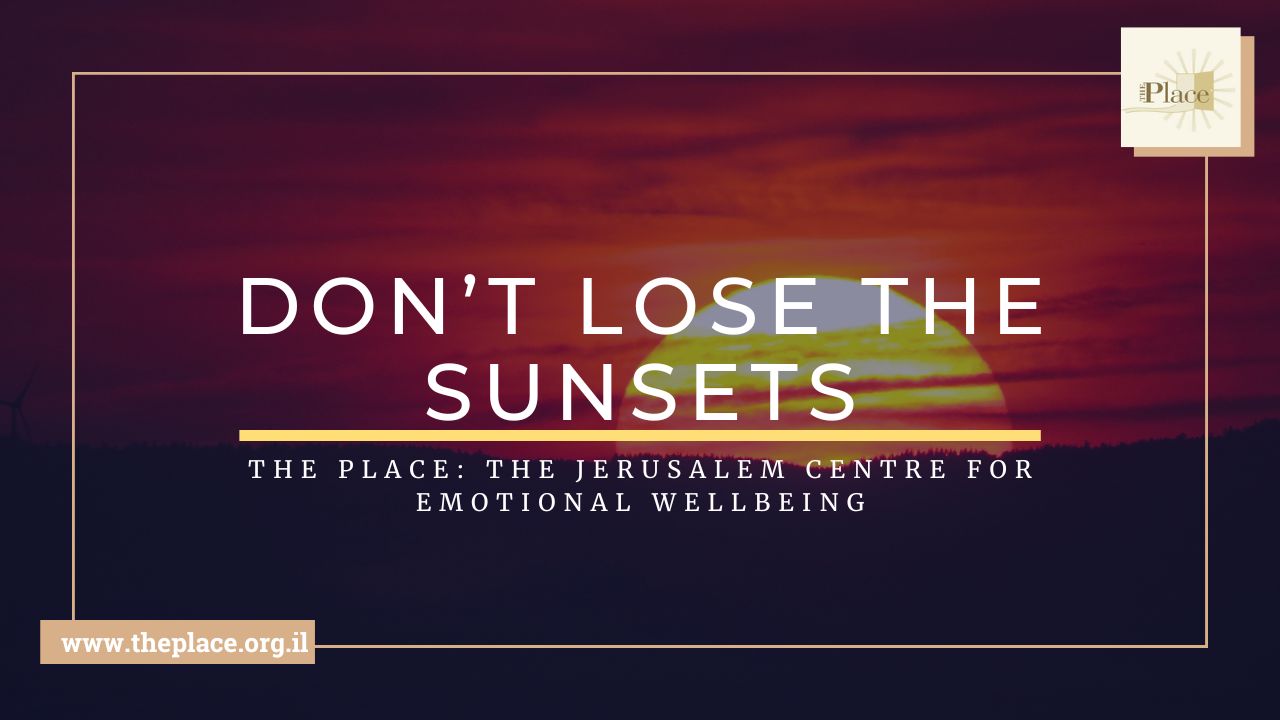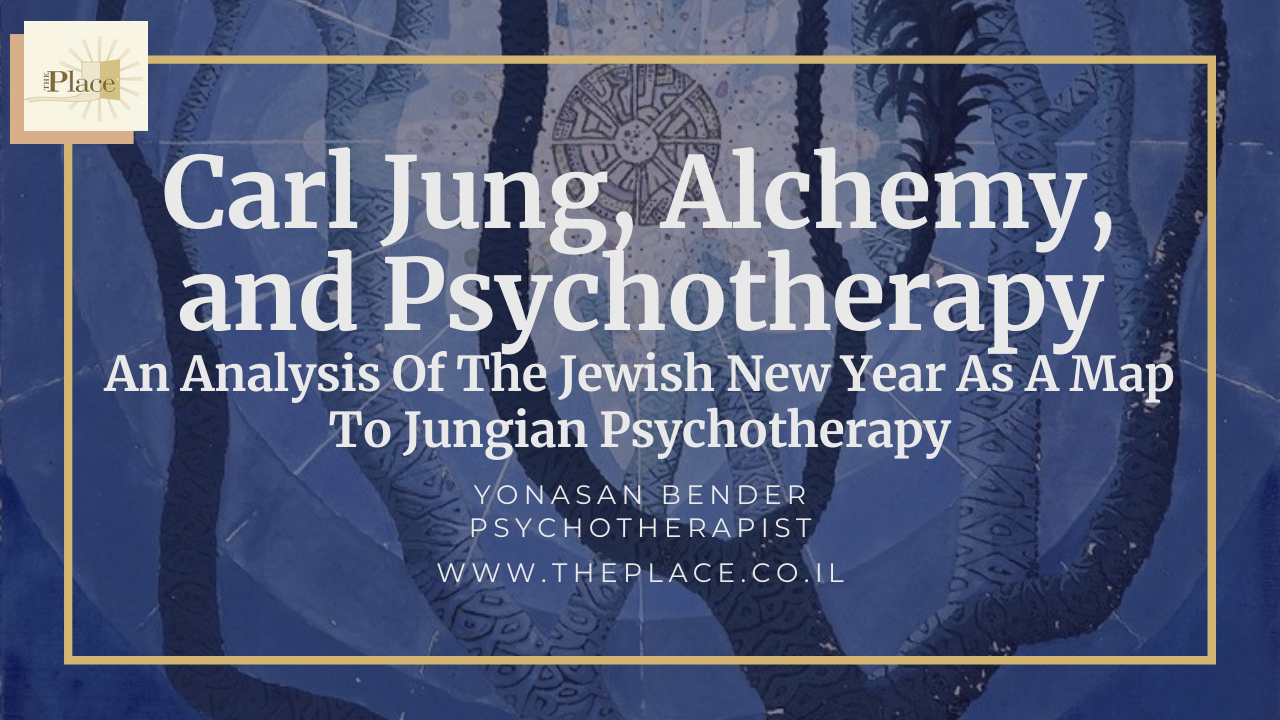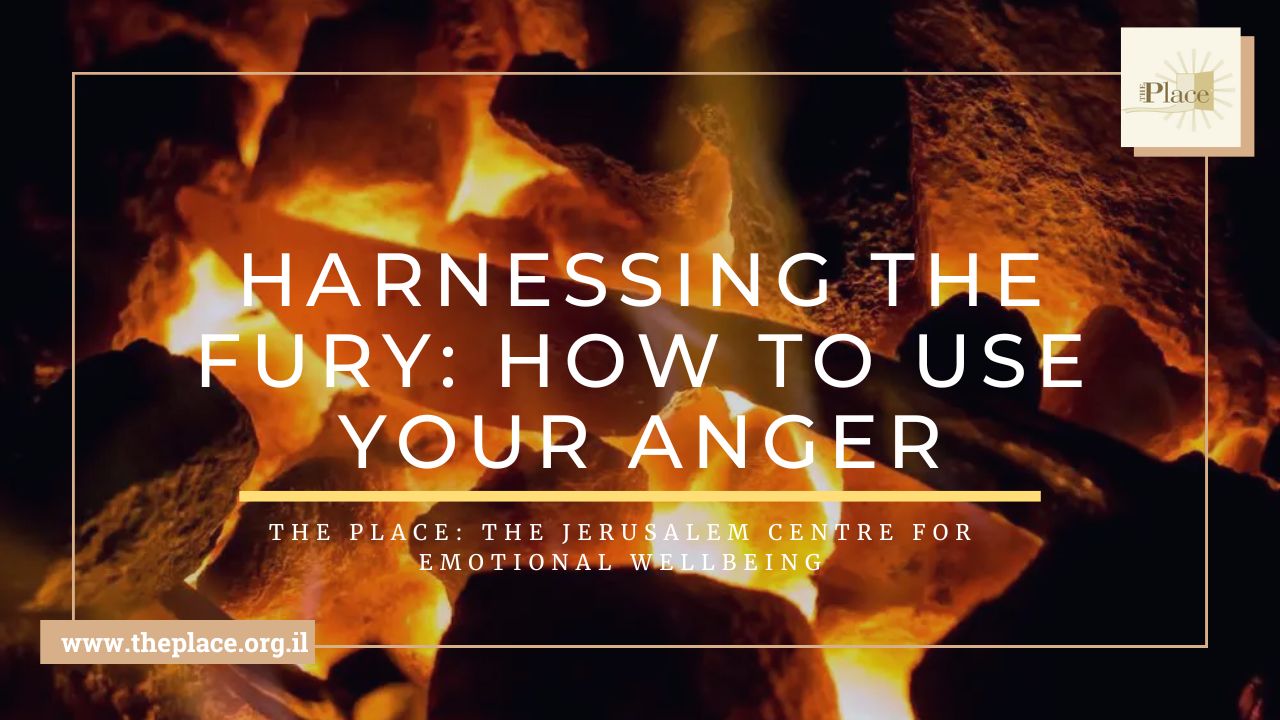Parenting is the hardest jobs out there. Being Jewish, business is always hiring. In Israel the national birth rate is a whopping 3.11 children per family, beating out Mexico’s two-per-family but paling in comparison to the seven-per-family in Kiryat Sefer. The streets are teeming with children, literally, and this blessing poses a unique challenge that your run-of-the-mill 1.5 children and a dog family doesn’t confront as much. For such large families, discipline is less a question of certainty but more a measure of if you have the energy to deal with it. Brass tax – when should we disciple children?
From a clinical standpoint, this question’s a blessing in disguise. Distributing discipline like it’s going out of style isn’t simply useless because kids grow out of common problems on their own but is ineffective and can even be harmful. The key to effective parenting, whether you have little Timmy and Fido or the 9th French Foreign Legion to raise, is targeting your energies on what counts.
As a rule of thumb, there are roughly three different categories of behaviors kids will throw at you: 1) Blank Stare Mischief 2) Fads Going Out Fast and 3) Real Problems.
1) Blank Stare Mischief
It’s hard to tell if this is of comfort but most problems are actually just blank stare mischief. These behaviors are literally outside a kid’s cognitive development to do anything about. Up to age four, the “inside voice” is as real as the tooth fairy. Remind, scream, and punish all you like – cognitive awareness speeds up for no man. Short of traumatizing your child into silence, this is something all parents must wait for.
2) Fads Going Out Fast
Fads going out fast might be on a kid’s cognitive radar but aren’t the battlegrounds parents need to die on. Time is truly on our side. 50% of a four to five-year-old’s whining can be defined as a “significant problem” but around six magically disappears – no spanking required. While kids might “know better,” their emotional regulation isn’t up to par yet. Counterintuitively, parents actually risk making these problems worse with punishments because negative attention reinforces them. It’s simply more efficient and humane to wait them out.
3) Real Problems
So, what do you do with actual problems? In my next article we’ll get our hands dirty dealing with that ball of wax.
About The Place
The Place is where therapists, individuals and the community connect to create safety, strength and success. At The Place, men and women discover the freedom and safety to move past those issues which are preventing them from living life to its fullest. Our goal is to help each of our clients discover his or her own strengths as powerful tools in the healing process.
The Place is a multi-faceted clinic offering both individual and group therapy, support groups, interactive evenings and lectures, educational classes, and drop-in hours. Our comfortable, confidential, relaxed environment allows clients and their families to explore sensitive issues and create positive change. We believe that the key to mental health and emotional well-being is inside you.
At The Place, male and female therapists work independently or as a team to explore sensitive issues and facilitate positive change for individuals, couples and families from all sectors of the community. Some of our specialties include emotional eating, grief counseling, internet addiction, phobias, anxiety & OCD, childhood challenges, premarital counseling, couples therapy and intimacy issues, postpartum support, personality disorders, psychiatric care, and more. Connect with a caring professional in person at our comfortable Jerusalem offices, or by video, phone, and text. We’re here for you.
Contact Us
Email info@theplace.org.il
Phone (02) 581 8299
Whatsapp 054 260 1468
Social Media
Website:
https://theplace.org.il/
Facebook:
www.facebook.com/theplacejerusalem/
Instagram:
www.instagram.com/theplacejerusalem/






